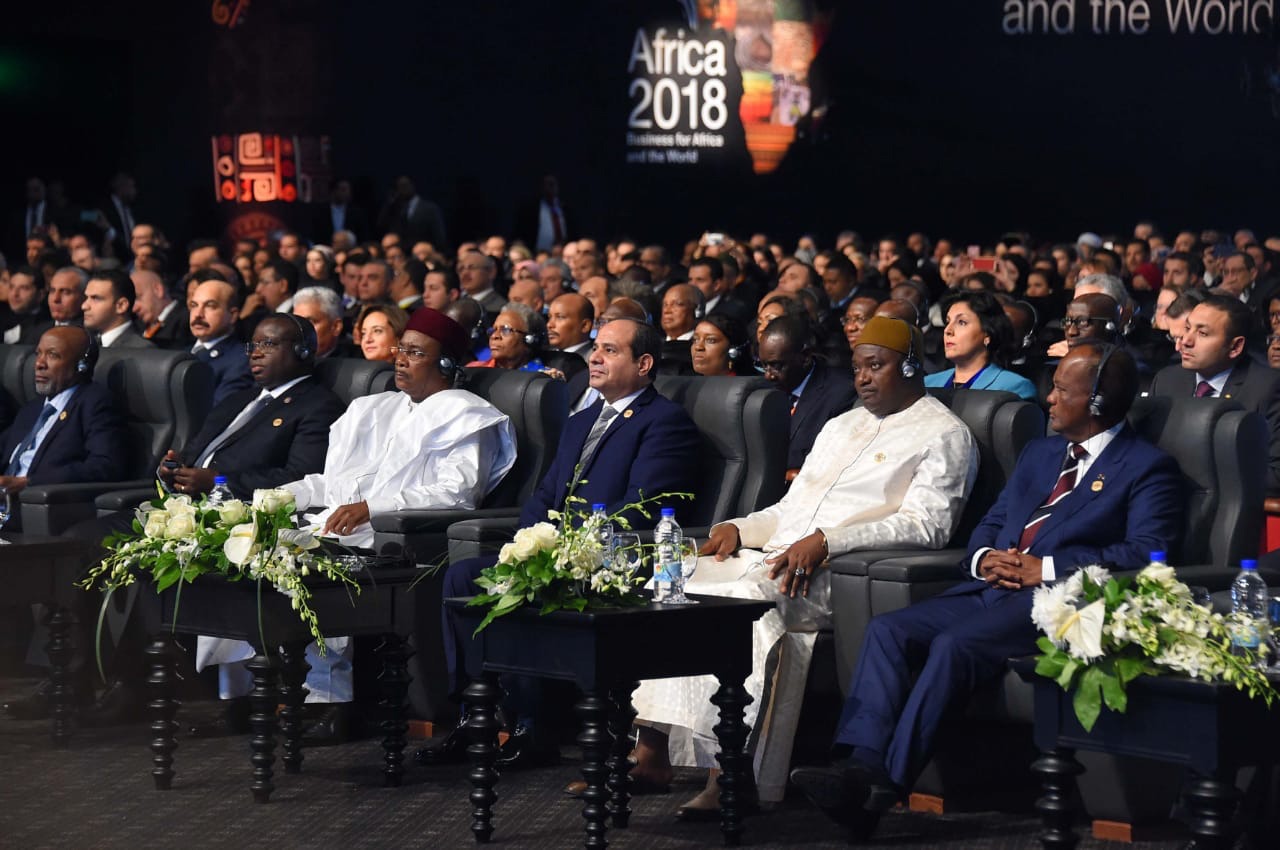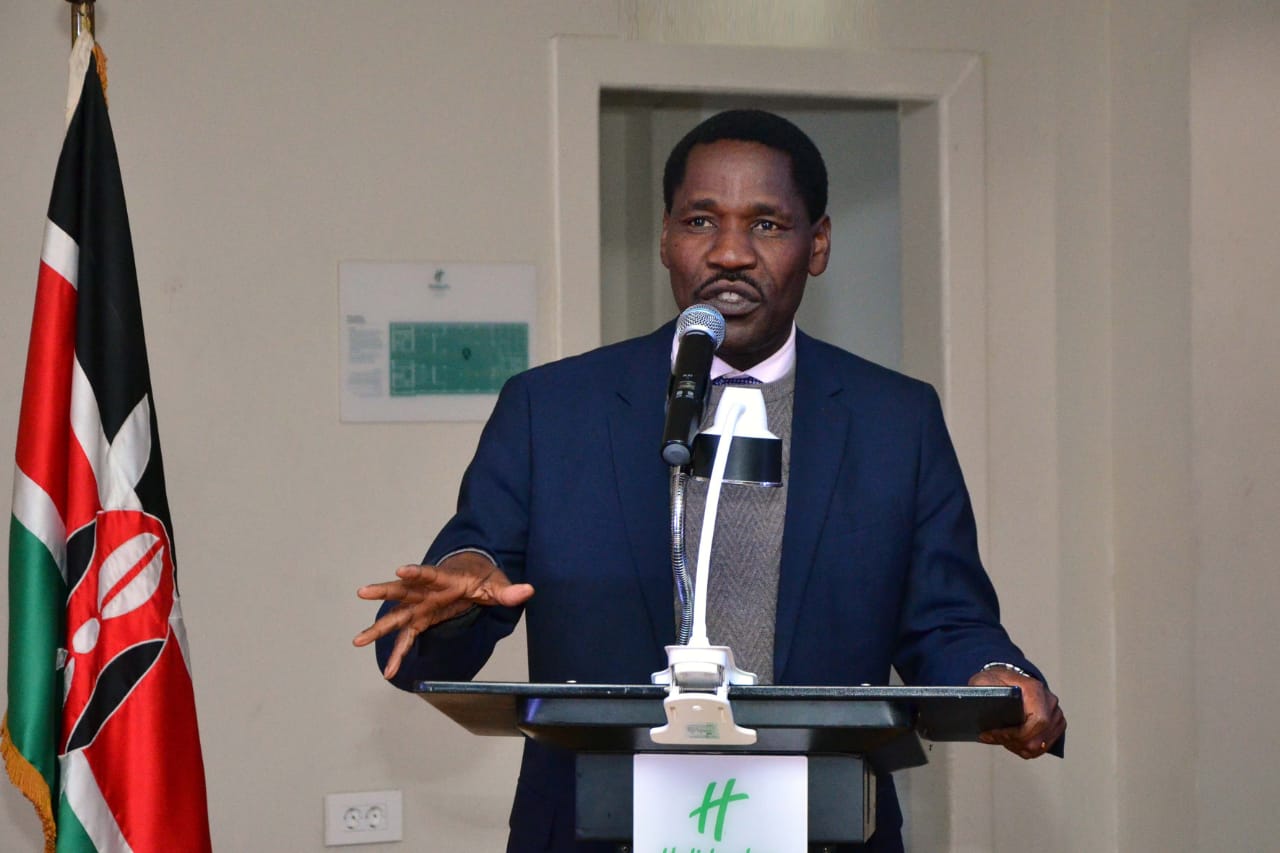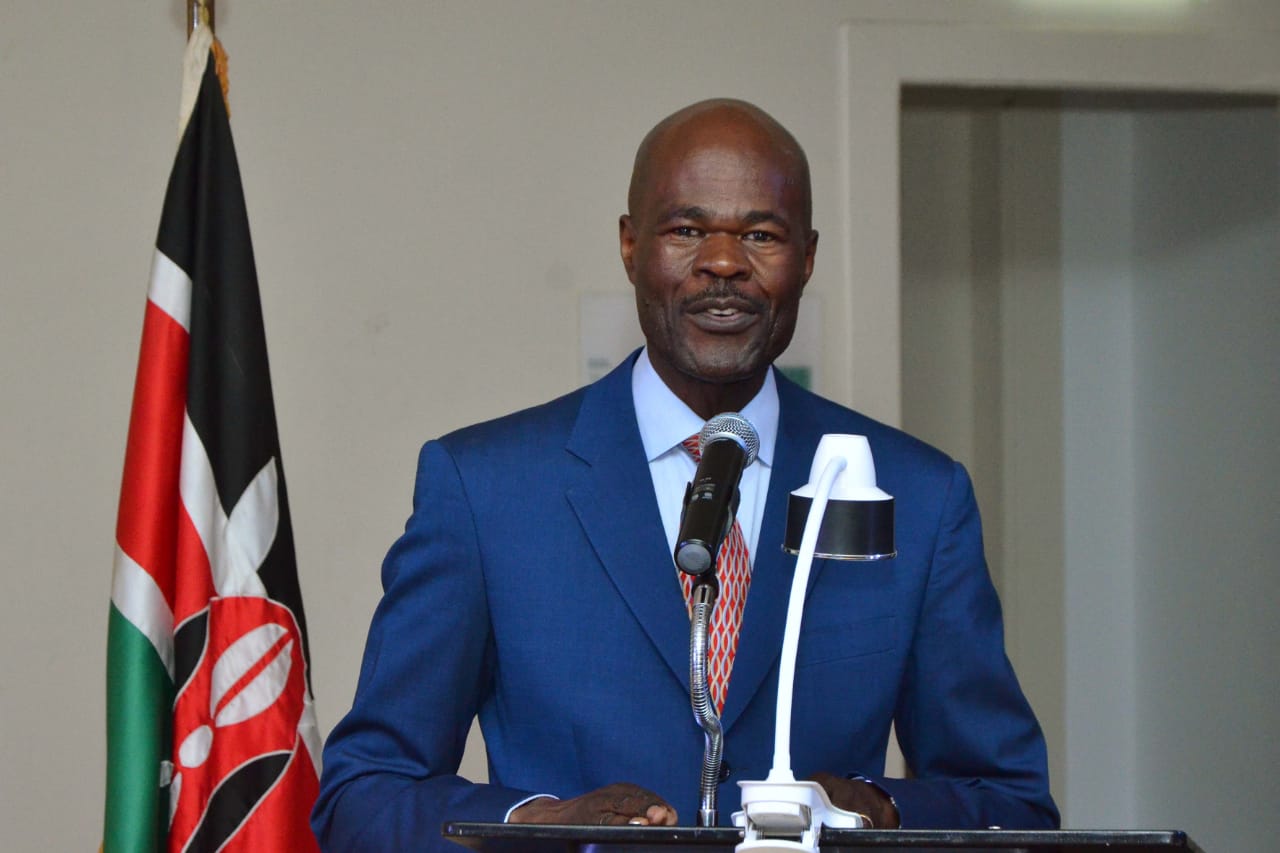CAIRO - 21 January 2019: Egypt is leading the African Union next year, seeking to support a full-scale trade agreement that expected to boost intra-African trade by an estimated 52% by the year 2022.
Last week, the government approved an agreement signed in Kigali, Rwanda on March 21, 2018 constituting the legal basis of the African Continental Free trade Area (AfCFTA) and its relevant protocols.
The African Continental Free Trade Agreement outlined this planned free trade area, known as the African Continental Free Trade Area (AfCFTA), among 49 of the 55 African Union nations. In a major event held in Cairo, discussing intra-Africa trade, Egypt and several African states strongly ensured the importance for this deal going off without a hitch.
The AfCFTA, if the agreement is ratified, is believed to be the largest free trade area since the formation of the World Trade Organization. Signed by only 44 of the AU state members in Rowanda on March 21, 2018, the agreement aims to create a single, continental free-tariff market for goods and services.
According to the African Union, which brokered the agreement, the AfCFTA is meant to guarantee “free movement of business persons and investments, and thus pave the way for accelerating the establishment of the Continental Customs Union and the African customs union.”

President Abdel Fatah al-Sisi seated next to African leaders during the Africa Trade Summit in Sharm el-Sheikh - Egypt Today
The AU also said that the agreement will enhance competitiveness at the industry and enterprise level through exploiting opportunities for scale production, continental market access and better re-allocation of resources.
Mohamed Hegazy, an advisor to the minister of local development for international cooperation, told Business Today Egypt that besides combating terrorism, economic development is a pillar for Africa’s well-being.
Hegazy further reiterates President Abdel Fatah al-Sisi’s description of Africa as a young continent, seeing it as home to the largest youth population worldwide.
He also notes the importance of launching the AfCFTA, saying it is “one of Africa’s main goals in the upcoming decades.”
Referring to the importance of intra-Africa trade, Hegazy refers the recent example of Tanzania picking Egyptian firms El Sewedy Electric Company and Arab Contractors to build a $2.9 billion hydroelectric dam in a renowned nature reserve. “This reflects that the level of inter-cooperation between African countries is the key to development, and that time has come to depend on each other’s resources to maintain our future,” Hegazy states.
Enhancing Africa trade in Kenya house
Attending the continental meeting in Cairo was the Kenyan Cabinet Secretary of Ministry of Trade Hon. Peter G. Munya, who said that his country is participating in the pan-African movement, “encouraging that African people must walk together, must trade together, and must support each other in solidarity.”

Kenyan Trade Minister Hon. Peter G. Munya visiting Egypt - Egypt Today
His statements coincided with the celebration of Kenya’s Jamhuri day, marking the day it became republic in 1964. December 12 of each year is observed as a national holiday across the East African country.
Kenyan Ambassador to Cairo Joff Otieno emphasized Kenya’s efforts to boost intra-African trade and political unity, adding that Nairobi is one of 44 states that signed the African continental free trade agreement in March.
He further stated that Kenya is engaged in promoting regional integration and security, as it maintains a commitment to resolving regional conflict.
In comments on Egypt’s leadership of the African Union in 2019, Otieno told Business Today Egypt, “Egypt is a leader within the region championing integration in Africa; it is at the forefront of Africa’s connectivity.”

Kenyan Ambassador to Egypt Joff Otieno - Egypt Today
Besides from Egypt being the second largest importer of Kenyan tea, Otieno also highlighted the bilateral ties both countries share as members of the COMESA. Additionally, an Egyptian-led project of a 4,000-kilometer navigational shipping line will connect both countries with eight other states in 2024; the waterway stretches between Lake Victoria and the Mediterranean Sea.
In December, Egypt's newly assigned ambassador to Nairobi Khaled Al-Abyad presented his credentials to Kenyan President Uhuru Kenyatta and gave a speech on the historical ties the two countries share.
In his speech, the ambassador hailed the deep relations binding the two countries, pledging to spare no effort to boost them in the current period, the Foreign Ministry said in a statement.
In turn, Kenyatta greeted President Abdel Fatah al-Sisi and the Egyptian people, expressing his intention to meet an invitation to visit Egypt soon.
Last month, Egypt hosted two important pan-African events: the Africa 2018 Forum in Sharm El-Sheikh and Africa Intra-trade conference in Cairo. Both gathered African companies and investors from all around the continent, where Egypt represented the role it plays to overcome regional challenges.
In March, Foreign Minister Sameh Shoukry paid a visit to Nairobi, where he met with his Kenyan counterpart to discuss boosting bilateral relations and enhancing joint counter-terrorism efforts. Both sides also discussed developments to the GERD negotiations and relations between Nile Basin countries.
Bounded by the Nile River, the heads of both states met last year in Nairobi to celebrate historic ties and ensure continued trade improvement. President Abdel Fatah al-Sisi promised to guarantee fair use of the river’s waters. Both leaders agreed to increase the magnitude of bilateral trade to $1 billion over two years, and further tackled concluding agreements on avoiding double taxation to protect investment opportunities.
In October 2017, Minister of Trade and Industry Tarek Kabil said that the trade volume between Egypt and Kenya increased by 30%, hitting $170 million during the first 6 months this year, up from $130 million during the same period in 2016. On the other hand, Egyptian imports from Kenya decreased to $79 million this year from $109 million in the first half of 2016.
“The efforts made by the ministry, including opening the first logistics office in Kenya, led to a 239% increase in trade surplus between both countries, from $79 million in the first half of 2016 to $90 million in 2017,” Kabil said.
Kenya’s major export to Egypt is tea, which comprises 96% of goods sold to the North African country. Egypt sells manufactured goods to Kenya, including sugar and sanitary products, according to the news website the Daily Nation.



Comments
Leave a Comment